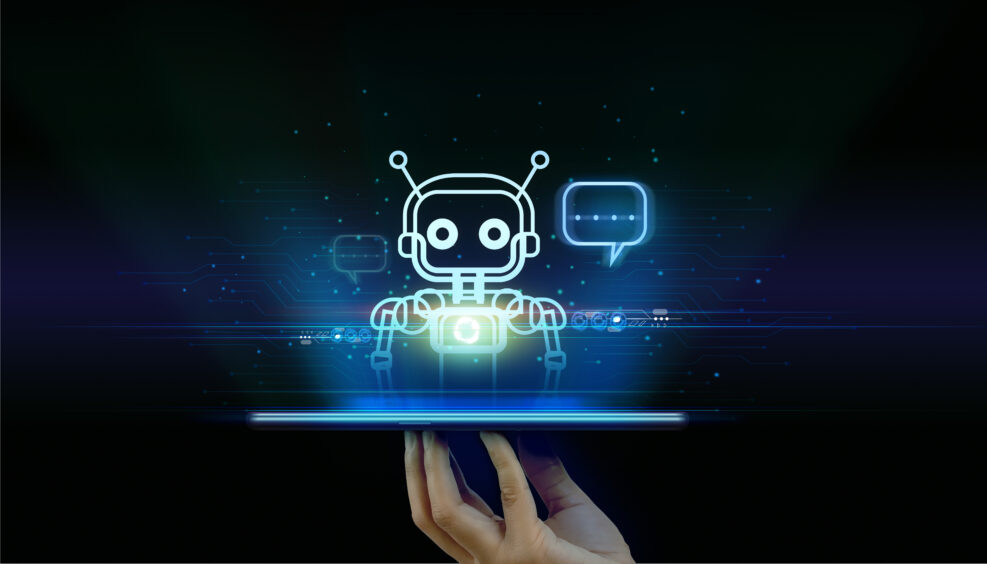
Napster, Spotify, and AI: How Will AI Escape Copyright Woes?
Robert J. Marks on AI and learning from past copyright cases.Copyright lawsuits are abounding against generative AI. Since the advent of ChatGPT in late 2022, various companies, artists, and writers have raised concerns over AI’s plagiaristic tendencies. Robert J. Marks, host of the Mind Matters podcast, has the story over at Newsmax. Marks recalls the debacle of Napster, a music streaming service that provided music for “free” without payment to the artists. Not surprisingly, it was soon shut down. So how will it fare with generative AI? What’s the solution to all the impending legal woes in the realm of AI? Marks writes, Today’s Spotify keeps automatic records of song frequency and, from subscriber’s payments, distributes royalties accordingly. Similar methods could be applied to compensate content creators by generative AI. It’s not Read More ›


















